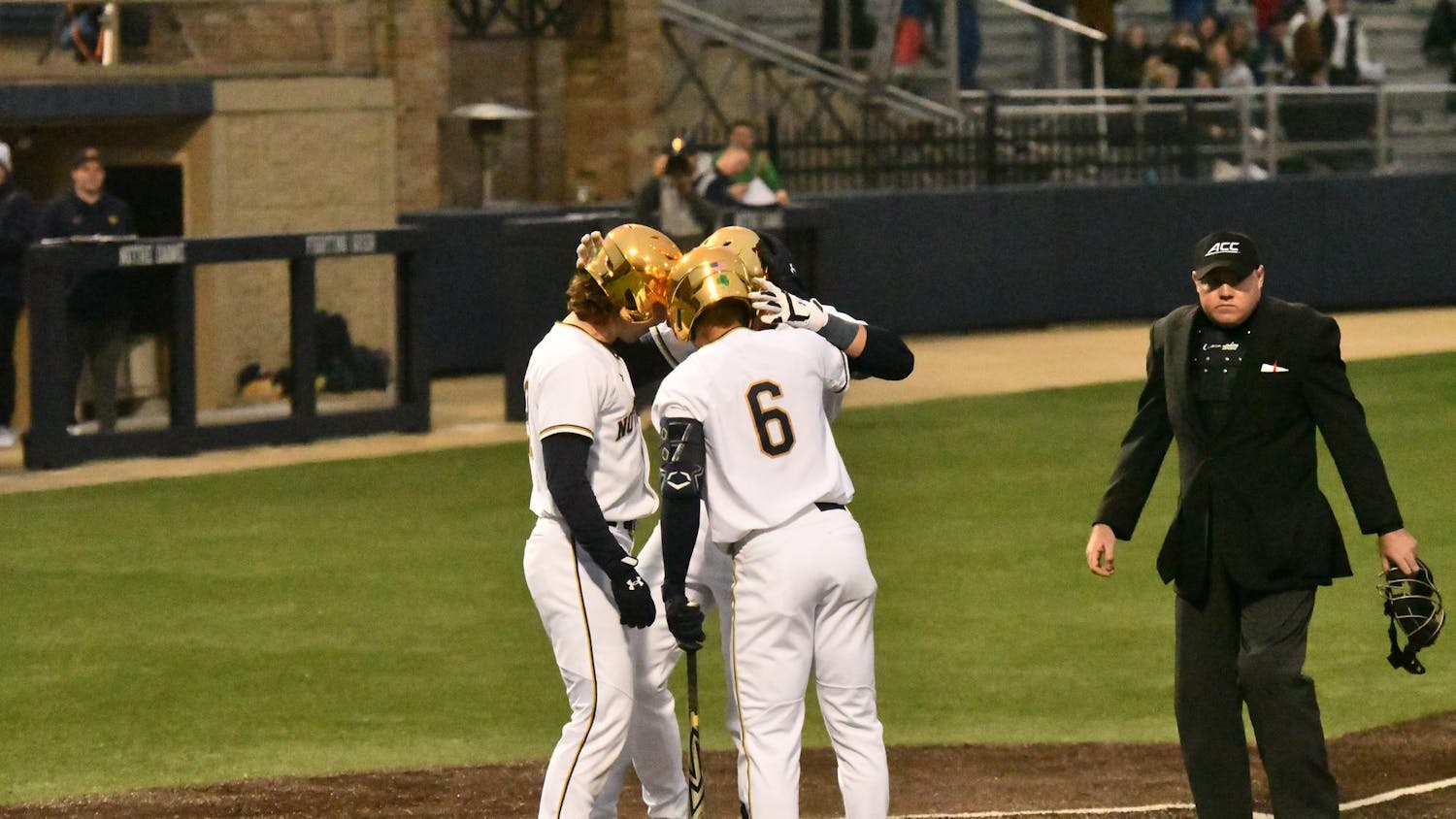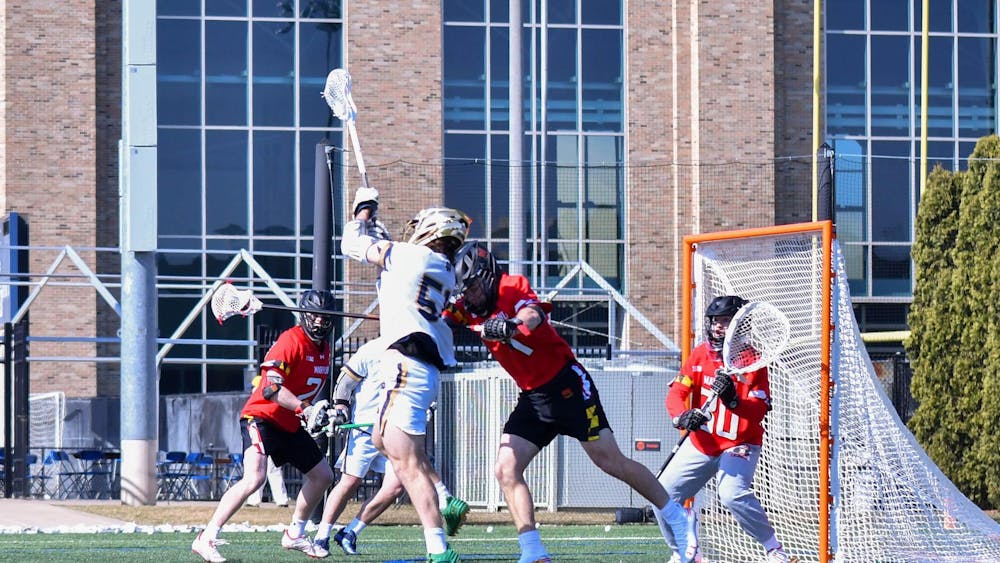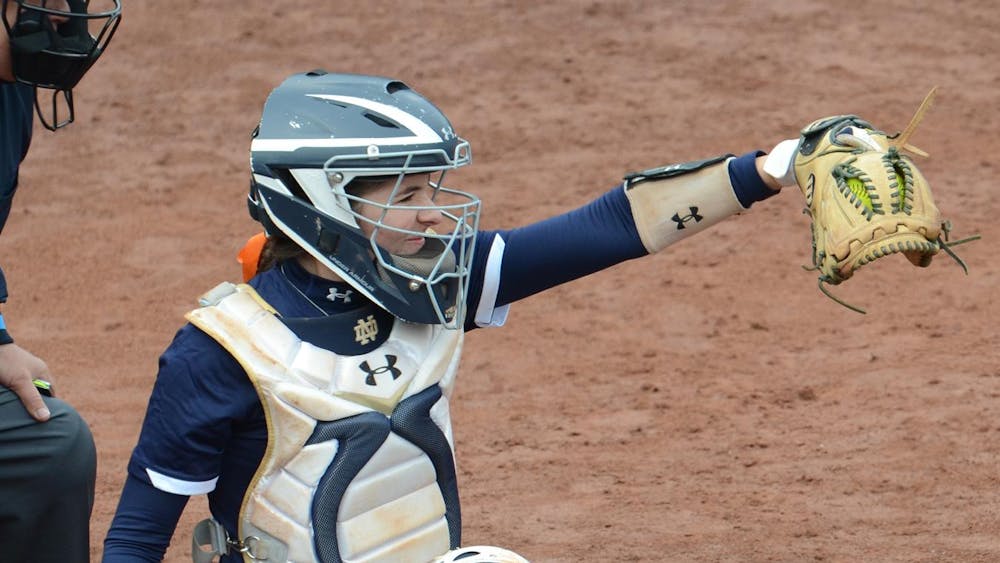It’s about time. On Sept. 30, California governor Gavin Newsom signed into law the Fair Pay to Play Act, which prevents California universities from penalizing students for making money off their name, image and likeness.
This kind of basic, common-sense law should have been passed decades ago, but the NCAA has long sought to repress the idea of paying college athletes in order to maximize profits for itself and its member schools. Try to imagine the same basic situation in any other industry, and you’ll see how ridiculous it sounds: what if Hollywood could choose not to pay its actors for appearing in its movies, or if “The Late Show” didn’t have to pay Stephen Colbert to be on TV?
Now, one could argue — as some have — that college athletes receive scholarships as compensation. But the majority of college athletes live at or below the poverty line and often struggle to find enough money for food and clothing. Some also leave school early to try making it in professional leagues, desperate for money — and end up poor, without a college degree. The vast majority of college athletes never reach the pros — meaning they never have the chance to make money off their athletic career. Additionally, the grueling schedule of Division I athletes — who benefit the most from legislation like California’s — makes it extremely difficult to succeed in classes. Student-athletes often must choose an easy major to make it through school and focus on simply staying eligible to play; in some cases, as with the decades-long North Carolina men’s basketball team scandal, players are even offered fake courses so that they can spend more time practicing.
These athletes’ names, images and likenesses were not only used in video games — which became a hot topic a few years ago with a lawsuit that essentially shut down those games — but are everywhere. Tens, sometimes hundreds, of thousands of people watch them live at massive stadiums, and thousands more watch on TV. ESPN, FOX and countless other stations use their images and names as they discuss these young men and women for hours at a time, making yet more money off them. Myriad other companies and groups use their images and names as they discuss various drafts into professional leagues. Players cannot appear in advertisements, using their brand as a college athlete to make money for themselves, nor can they make money off YouTube videos that display their athletic talents.
In short: the NCAA owns these athletes and for years has taken away their right to make money from personal endeavors for the sake of “preserving amateurism.”
Newsom’s bill forbids the NCAA, by law, from continuing many of those practices, and it also pressured the NCAA to do something it has railed against for decades. The Board of Governors of the NCAA stated that they would allow student-athletes to be paid for their name, image and likeness “in a manner consistent with the collegiate model.” However, the statement continues with a directive to each of the three NCAA divisions to consider updates to its rules, which essentially does nothing — no actual NCAA rules were changed.
Around the same time, the NCAA stated that Newsom’s bill would “upend [the] balance” of the level playing field of the current NCAA and that they believed Newsom’s bill to be unconstitutional. So while the Board’s recent statement is better than nothing, it’s also not much more than nothing — and the NCAA is still acting in direct opposition to student-athlete rights in other ways.
Legislation similar to California’s has sprung up all over the nation, in Democratic states like New York and Republican states like South Carolina; in addition, Newsom’s bill passed unanimously among Democrats and Republicans. Allowing college athletes to be paid seems to hold bipartisan appeal, which bodes well for college athletes around the country.
But I would argue that this must be taken one step further: universities should not only be required to allow college athletes to make money off their name, image and likeness, but should also be required to pay them part of the revenue from ticket sales and TV deals. The athletes are the stars of the show; without them, there would be no revenue, because there would be no games. No industry should ever be allowed to make billions of dollars while not paying the very people who make their product possible. New York has proposed paying athletes a portion of those revenues as part of their legislation; hopefully more states will follow their lead.













